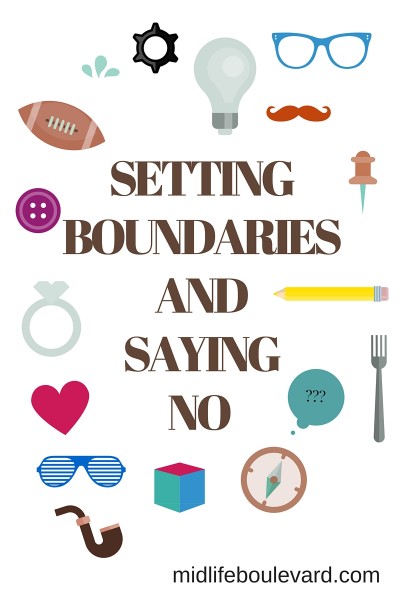

In today’s fast-paced world, it feels like there’s always something demanding our attention, from endless to-do lists to constant social obligations. The pressure to say yes to everything can lead to burnout, stress, and a feeling of being overwhelmed. But what if I told you that saying no is actually a powerful act of self-care, a crucial step towards prioritizing your well-being, and a key to building stronger and healthier relationships? This guide will delve into the art of saying no, exploring practical strategies to set boundaries and reclaim your time and energy.
The ability to confidently say no isn’t about being selfish; it’s about recognizing your limits and protecting your time and energy. It’s about understanding that your well-being is crucial to your ability to contribute fully to the lives of others.
In a world that often glorifies hustle culture and endless productivity, it’s easy to get caught up in the trap of saying yes to every request, even if it means sacrificing your own needs and desires. This constant state of overcommitment can lead to a vicious cycle of exhaustion and dissatisfaction.
Learning to say no is a fundamental skill that builds strong boundaries, allowing you to carve out space for self-care and prioritize your well-being. By setting boundaries, you’re essentially saying, “This is how much of my time and energy I’m willing to dedicate to this situation.” This clarity prevents you from overextending yourself and ensures you can effectively manage your time and resources.
Recognizing your limits is the first step in setting boundaries. Honest self-assessment helps you understand your capacity for work and leisure. Ask yourself: What are my current commitments? How much time do I realistically have for each task? What are my priorities? By understanding your limitations, you can proactively avoid overcommitting yourself.
Communicating “no” effectively requires practice. It’s crucial to deliver your refusal in a clear, concise, and respectful manner. Try phrases like: “Thank you for thinking of me, but I’m unfortunately unable to commit to that at this time.” Or “I appreciate the offer, but I’m already committed to other engagements on that day.”
Setting boundaries is essential for cultivating healthy relationships. When you prioritize your needs and limits, you communicate a clear message about what you can and cannot handle. This fosters a deeper level of respect from others.
It’s okay to say no to things that don’t align with your values or priorities. If something feels draining or unfulfilling, don’t hesitate to decline. You have the right to choose activities that contribute positively to your life and overall happiness.
Saying no doesn’t mean you’re rejecting others; it means that you’re prioritizing your well-being. Healthy boundaries allow for genuine connection and support, not just for you, but for others too.
Practice makes perfect! The more you practice setting boundaries, the easier it becomes. Be compassionate with yourself, acknowledge that it’s a process, and celebrate your progress along the way. Saying no is a form of self-care, and it’s an investment in your happiness and overall well-being. Learning to say no isn’t selfish; it’s essential for your well-being and personal growth.
In a world increasingly demanding our time and energy, mastering the art of saying no is not just a skill; it’s a necessity. By setting healthy boundaries, you safeguard your well-being, cultivate fulfilling relationships, and unlock your potential to excel in all areas of life. So, embrace the power of “no” and reclaim your time and peace of mind.